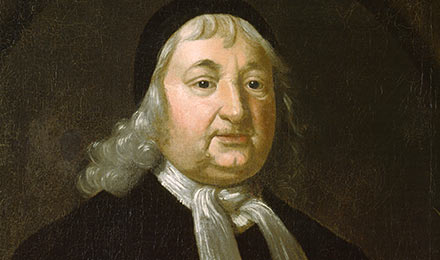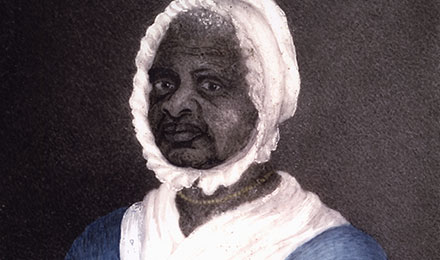Slavery & the Massachusetts Courts
Slavery was common, legal, and vital to the colonial Massachusetts economy.
As the legal historian, Judge A. Leon Higginbotham, Jr., observed, “Merchants from Massachusetts, the most vigorous slave traders in the world, made enormous profits from the slave trade.”
In 1638, the first enslaved Africans arrived in Boston, in the Massachusetts Bay Colony. Few English settlers thought to question the ancient institution of slavery—although it never existed in England—and most whites condoned the profitable African slave trade.






